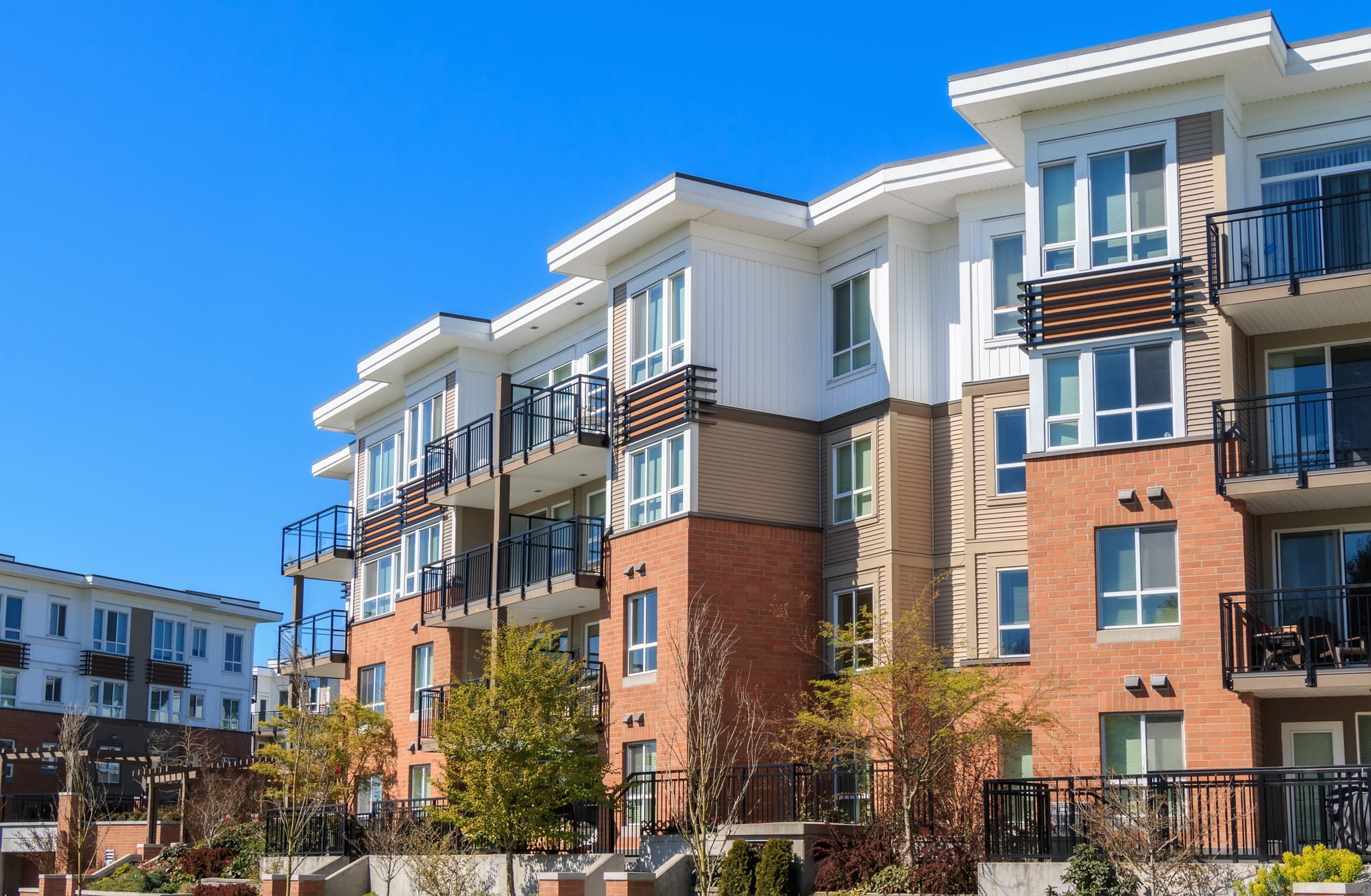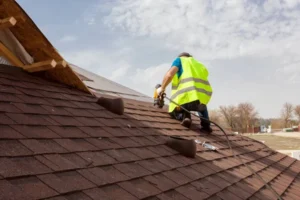Buying your first home is an exciting and challenging endeavor. Whether you’re looking at individual homes or new developments, everyone should feel excited and confident when going through this process. Even though buying your first home can be a little stressful, the high you get when you finally sign those papers is second to none.
Condo life offers all the benefits of home ownership without as much hassle and expense. Deciding to invest in your first condo complex means you can enjoy easy property management while enjoying your new home.
There are plenty of things to consider when you are in that complex. Read on to learn more.
Defining Your Investment Goals
What are your long-term goals for this investment? What are your expected returns? What is your timeline?
Once you have a clear understanding of your goals, you can begin to research different luxury condominiums that fit your needs. There are a few key things to look for when evaluating a potential investment.
First, you’ll want to look at the location of the condo complex. Is it in an area that is growing or declining? What is the surrounding neighborhood like?
Second, you’ll want to evaluate the financials of the complex. How well is it currently performing? What is the potential for future growth?
Lastly, you’ll want to consider the management team. Do they have a good track record? Are they proactive and responsive to owners and residents?
Researching the Condo Complex Market
When it comes to researching the condo complex market, it’s important to remember that there are a lot of different condo complexes out there to choose from, and each one has its own set of rules, regulations, and amenities.
First, read the condominium investment documents before you invest in one. Be sure to read through all of the complex’s documents, including the declaration of covenants, conditions, and restrictions (CC&Rs). This will give you a good understanding of what the complex’s rules and regulations are.
Second, inquire about the homeowner’s association (HOA). Be sure to find out how much the monthly HOA fee is and what it covers. You’ll also want to ask about any special assessments that might be coming up.
Lastly, check out the amenities. Condo complexes often have a variety of amenities, from pools and fitness centers to concierge services.
Working With A Condo Specialist Real Estate Agent
Make sure the agent is familiar with the area you’re interested in. They should be able to provide you with information on the different complexes in the area, as well as the pros and cons of each.
You can also ask about the agent’s experience. You want to make sure they have a good understanding of the ins and outs of purchasing a condo in a complex.
Also, be sure to get a list of references from the agent. This will allow you to speak with other clients who have worked with them in the past and get an idea of what their experience was like.
Maintenance and Upkeep
These can range from monthly fees for things like trash removal and building insurance to special assessments for large projects like a new roof or elevator. Before purchasing one, be sure to ask about the monthly fees and what they cover. You can check with LoPriore Insurance Agency for some ideas.
It’s also a good idea to set aside some money each month in a reserve fund to cover unexpected repairs or upgrades. By being prepared for the monthly costs and knowing what to expect, you can avoid being blindsided by a big repair bill.
Association Dues
Assuming you are looking to purchase some long-term real estate investments, there are a few things you should know about association dues before making your decision. They generally cover the operational expenses of the complex as a whole and can be used for things like painting the exterior of the buildings, maintaining the landscaping, and paying for repairs/upgrades to common areas.
If it runs well, the association dues should cover all of these things and leave a little bit extra in the budget in case of unexpected expenses. However, if it doesn’t run well, the association dues may not cover all of the expenses, and you may be responsible for special assessments to cover the shortfall. Before purchasing one, be sure to ask about the association dues and what they cover.
The Benefits
For one, you can potentially make a lot of money. With the right one, you can make a healthy return on your investment. Additionally, you can enjoy the perks that come with owning one, such as the use of amenities and the ability to rent out units to generate income.
Of course, there are also risks associated with investing in condo complexes, but if you do your research and choose a reputable one, you can minimize these risks. Ultimately, investing in one can be a wise move that can offer you financial security and a desirable lifestyle.
The Risks
The most significant risk is the potential for the complex to experience financial difficulties, which could lead to foreclosure. Other risks include the potential for damage to the complex from natural disasters or other events, as well as the possibility that it might not be well-maintained and could fall into disrepair.
Managing Your Condo Complex Investment Property
Now that you know the basics of investing in a condo complex, you’re ready to get started. From defining your goals to seeking a specialist, use these tips to find the right complex for you and make the most of your investment.
If you found this helpful and want to read more great content, check out our latest blog posts now!









